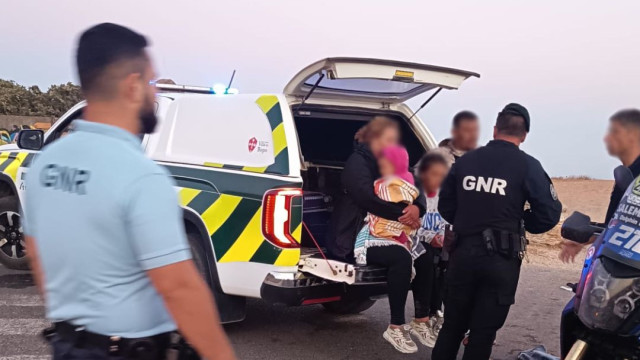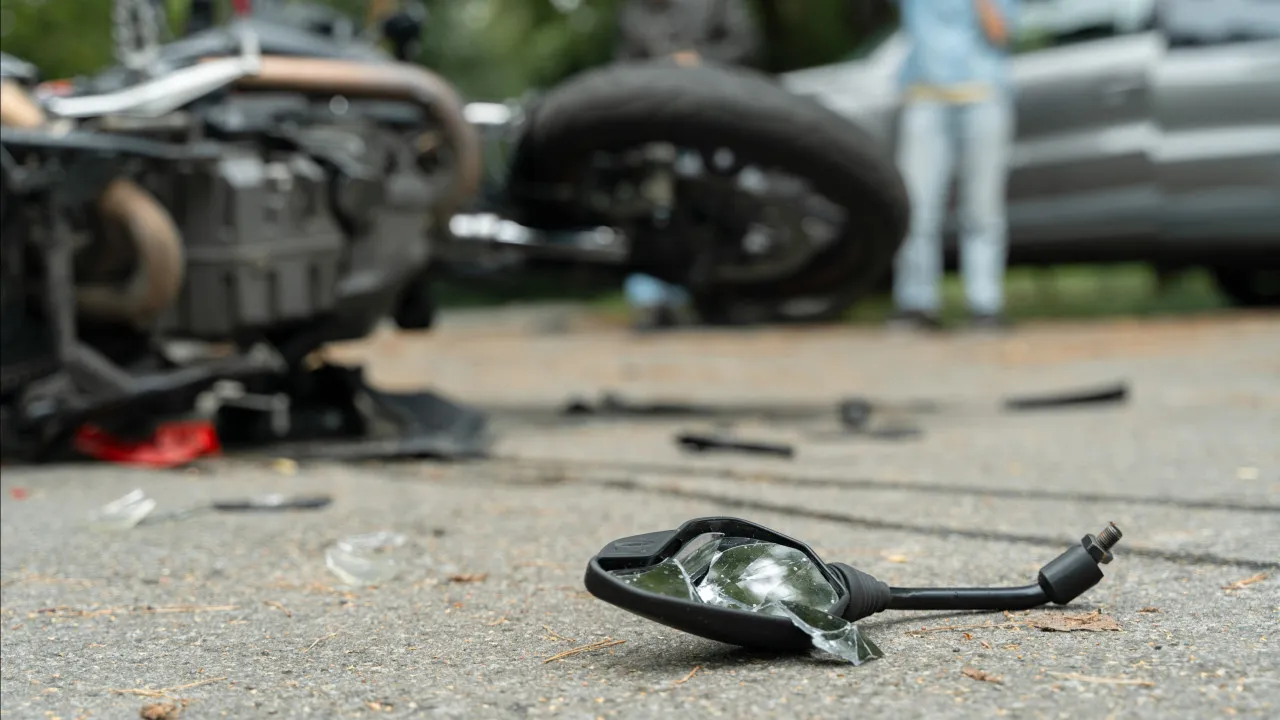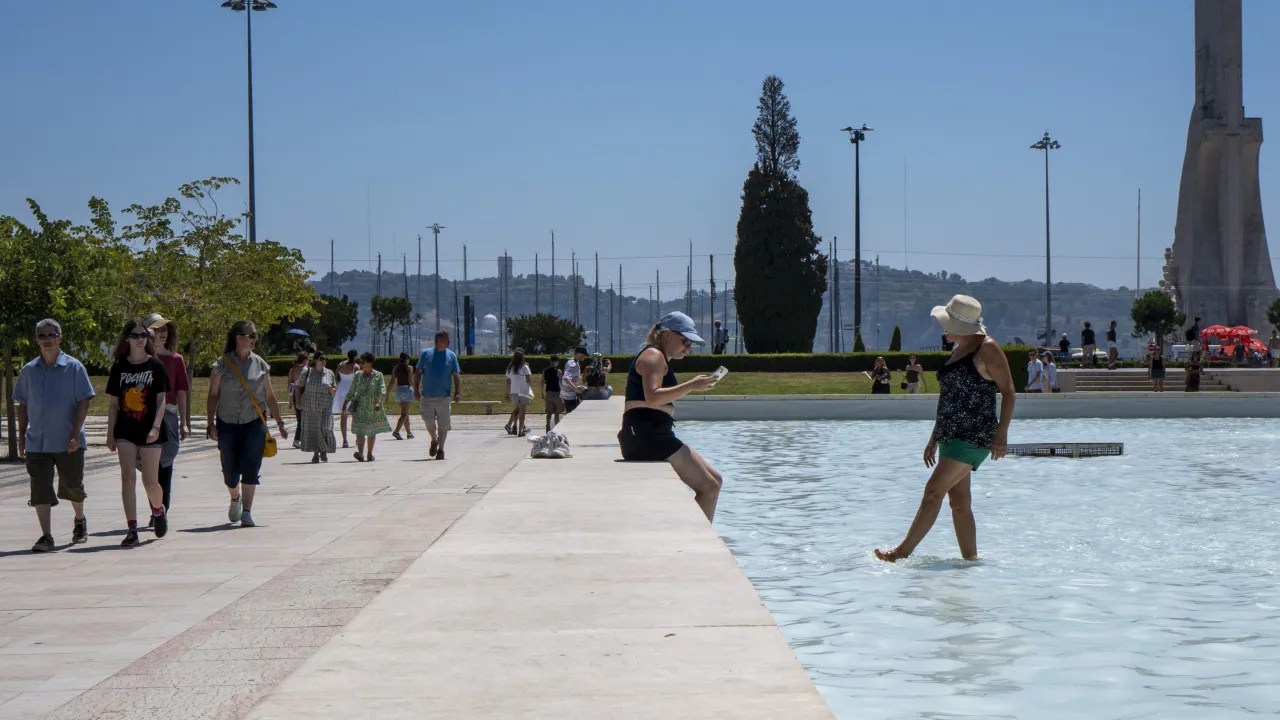On Friday, a small boat carrying 38 people, including seven minors, landed on Boca do Rio beach in Vila do Bispo, Faro.
The first case of a boat with immigrants on the Portuguese coast occurred nearly two decades ago, in December 2007: a group of 19 migrants allegedly from Morocco landed in the Ria Formosa near Olhão.
The years 2019 and 2020 saw the highest number of migrants arriving by boat in the Algarve.
A total of 97 migrants landed in six boats, all undocumented and allegedly originating from the same location, the city of El Jadida — the former Portuguese Mazagão — situated on the Atlantic coast of the African country, 700 kilometers from the Algarve.
Some of these migrants attempted to seek asylum but were denied and most received expulsion orders, awaiting the judicial decision’s implementation in prisons and other locations where they are under the authorities’ custody.
For instance, on September 15, 2020, 29 migrants landed on Deserta Island, in front of Faro, a group that, for the first time, included women, one of whom was pregnant, and a child. Two weeks later, 17 of them escaped from the barracks in Tavira where they were under the custody of the Foreigners and Borders Service (SEF).
On December 8, 2019, eight people, all men, were detected on Monte Gordo beach and less than a month later, on January 29, 2020, 11 more were detained after arriving by boat in the Olhão area.
In June and July of that year, three new groups were identified, the first of seven men in Olhão on June 6, the second of 22 people on June 15 at Vale do Lobo beach in Loulé, and the last of 21 men on Farol Island, Olhão.
The following year, in March 2021, three men were identified in Vila Real de Santo António and a new case was recorded only in December, slightly different.
Off the coast of Tavira, on December 11, a boat with 37 migrants was identified and rescued.
Most migrants arriving in the Algarve over the past six years have been identified and given expulsion orders, but there have also been cases of escapes, like the group that managed to flee the Tavira barracks.
In 2020, the then Minister of Internal Administration, Eduardo Cabrita, stated it was premature to talk of a new migration route to Portugal compared to the “tens of thousands of arrivals in Spain,” particularly in the south, with boats crossing from Morocco.





